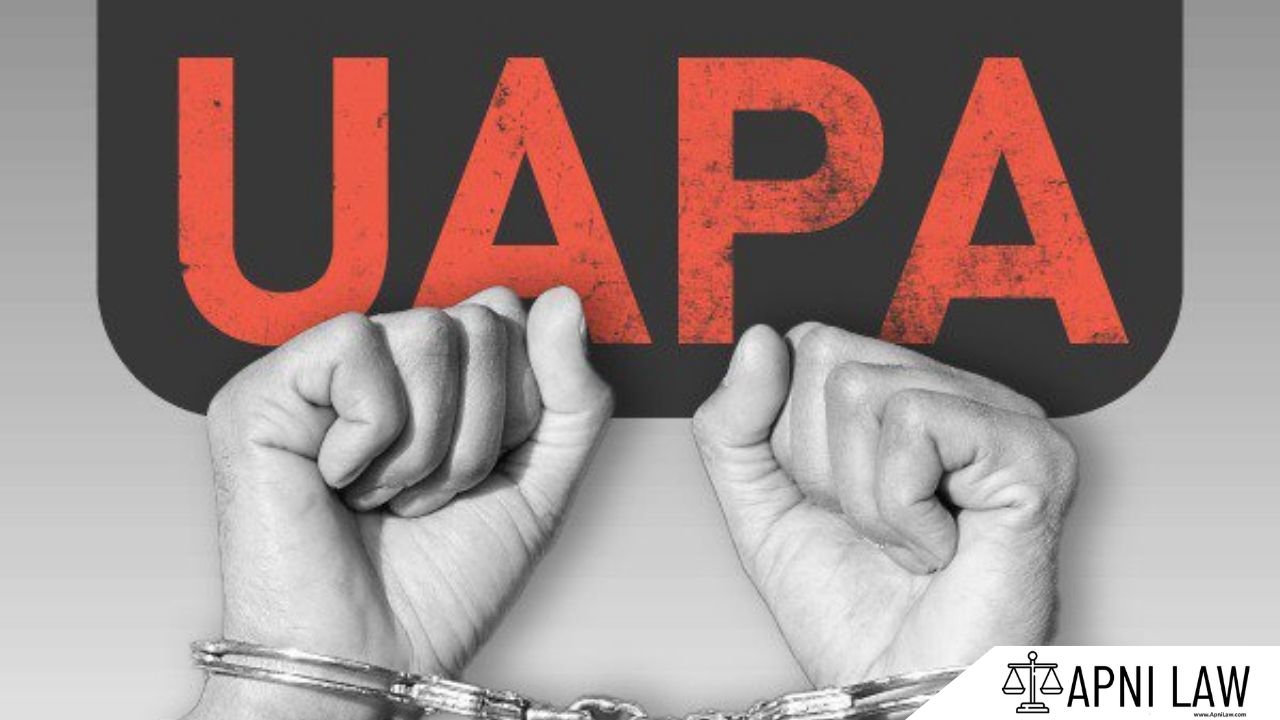Code
Whoever is guilty of rioting, being armed with a deadly weapon or with anything which, used as a weapon of offence, is likely to cause death, shall be punished with imprisonment of either description for a term which may extend to three years, or with fine, or with both.
Explanation
This section deals with the aggravated offense of rioting when the mob is armed with deadly weapons. Here’s a breakdown:
- Unlawful Assembly: The individuals must be part of an assembly of five or more people, gathered for an unlawful purpose – either to commit an offense or to intimidate others.
- Armed with Deadly Weapons: The rioters must be armed with weapons that can cause serious harm or death. This includes weapons like swords, knives, firearms, and even objects that can be used as weapons (e.g., stones, sticks).
- Act of Rioting: The accused must actively participate in the rioting, which involves any form of violence, disorder, or threat of violence.
- Intention or Knowledge: The accused must have the intention or knowledge that their actions are part of the rioting.
Illustration
Imagine a group of 10 people gathered outside a shop, armed with sticks and stones. They shout threats and break windows, forcing the shop owner to flee in fear. This would fall under Section 148 because they were an unlawful assembly armed with deadly weapons and actively rioted.
Common Questions & Answers
- Q: Can someone be charged under Section 148 if they only joined the rioting later? A: Yes, even if someone joins the riot after it has begun, they can be charged under this section if they were aware of the unlawful purpose and the use of deadly weapons.
- Q: Does the weapon have to be used to inflict harm? A: No, the mere presence of deadly weapons in the hands of the rioters is enough to invoke Section 148.
- Q: What are the potential punishments for being convicted under Section 148? A: The punishment for this offense can be imprisonment for up to 3 years and a fine.







